Molecular Physiology And Biophysics
-

Research becomes personal for Delpire
Eric Delpire, Ph.D., professor of Anesthesiology, Molecular Physiology and Biophysics and director of the Anesthesiology Basic Science Research Division, has spent the past 15 years developing genetically altered mice for use in scientific research, and he now knows the value of his research in a very personal way. Read MoreDec 6, 2012
-

Setting traps to probe gene function
A new method for creating genetic mutations that can be activated at certain times or in specific tissues will enable studies to probe gene function. Read MoreOct 18, 2012
-
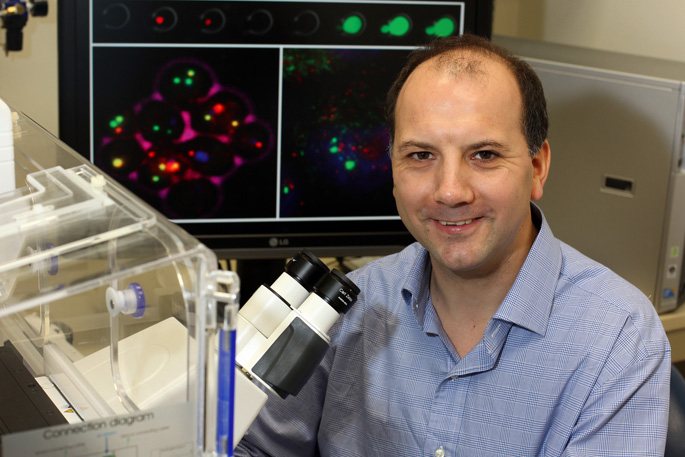
VU recruit’s work lights up genetic ‘dark matter’
They’ve been called “junk DNA” and genetic “dark matter” — the long segments of the human genome (98 percent of it) that do not encode protein. Read MoreOct 11, 2012
-

Amish aid search for Alzheimer’s genes
An analysis of Amish populations revealed novel risk genes for late-onset Alzheimer disease. Read MoreOct 11, 2012
-

Bikers and walkers to be counted Oct. 8-12
(John Russell/Vanderbilt) If you ride a bike or walk to campus for work or class, don’t be surprised if you see people with clipboards making notes as you pass by in the next couple of weeks. In an effort to improve the resources for the biking and walking community,… Read MoreSep 28, 2012
-
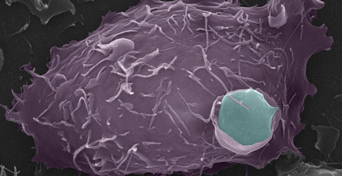
Cells with LIP eat their neighbors
A transcription factor called LIP is capable of causing one cell to consume another. Read MoreSep 13, 2012
-
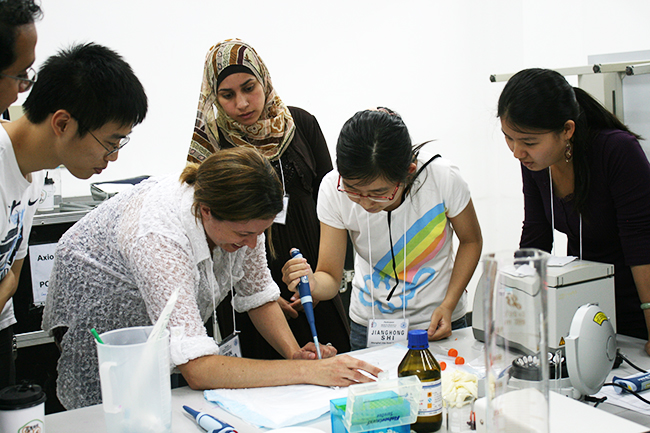
Vanderbilt physicist promotes hands-on science research in the developing world
Biophysicist Erin Rericha spent 12 days in Shanghai this summer demonstrating inexpensive methods for studying cell migration to graduate students and young faculty members from developing countries as part of an annual meeting organized by The Hands-on Research in Complex Systems School. Read MoreAug 23, 2012
-
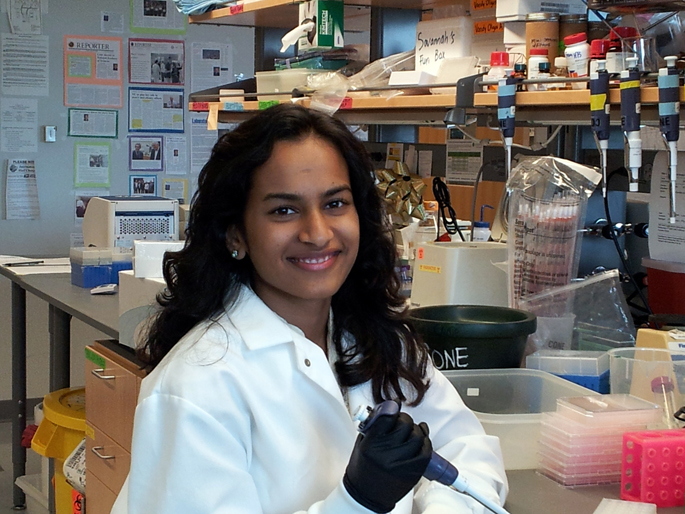
High school student speeds anti-obesity research at VU
A California high school student helped accelerate an anti-obesity drug discovery program at Vanderbilt University this summer — and provided the proof-of-principle for a new technique that could save the lab an estimated $250,000 in the process. Read MoreJul 26, 2012
-
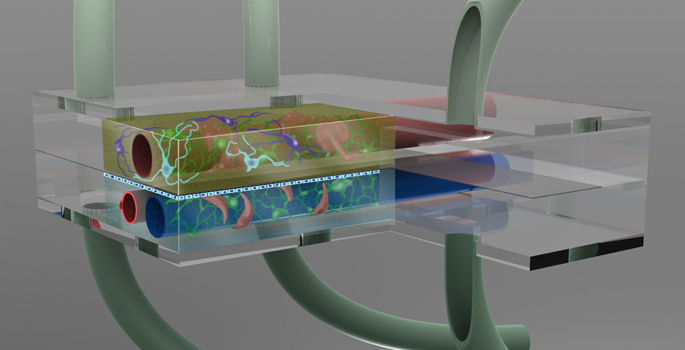
Vanderbilt-led team to develop ‘microbrain’ to improve drug testing
Creating a device out of human cells that simulates brain chemistry is the goal of a $6.4 million grant which is part of major new federal initiative to develop a series of “organs on a chip” designed to improve the drug development process. Read MoreJul 24, 2012
-

Receptor’s role in nutrition brain circuitry
New findings point to brain circuitry that communicates about the body’s nutritional status and regulates how nutrients are mobilized. Read MoreJul 3, 2012
-
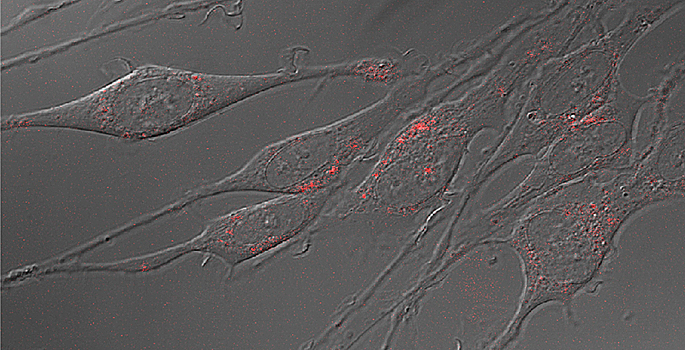
Probing the roots of depression by tracking serotonin regulation at a new level
An interdisciplinary team of scientists have successfully tagged a protein that regulates the neurotransmitter serotonin with tiny fluorescent beads, allowing them to track the movements of individual molecules for the first time. This capability makes it possible to study the manner in which serotonin regulates mood, appetite and sleep at a new level of detail. Read MoreJun 27, 2012
-
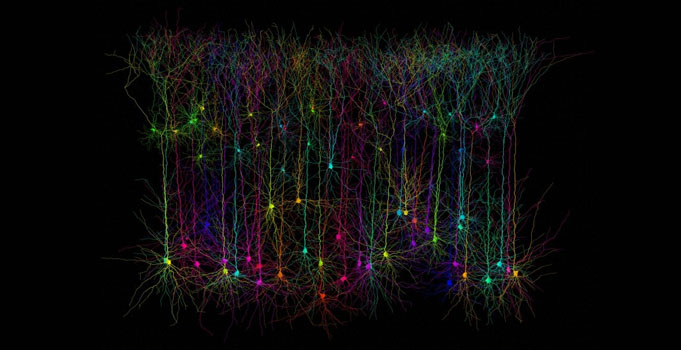
New clue to ADHD
A rare genetic change adds support to the idea that altered dopamine signaling is a key risk factor for ADHD. Read MoreMay 15, 2012
-

Probing epilepsy’s molecular sparks
Understanding how mutations in neuronal receptors contribute to epilepsy could lead to improved therapies. Read MoreMay 10, 2012
-

Academic Minute: The neurology of alcohol addiction
In this Academic Minute podcast, Danny Winder, associate professor of molecular physiology and biophysics, explains why the effects of alcohol can vary widely among individuals. Read MoreApr 17, 2012
-
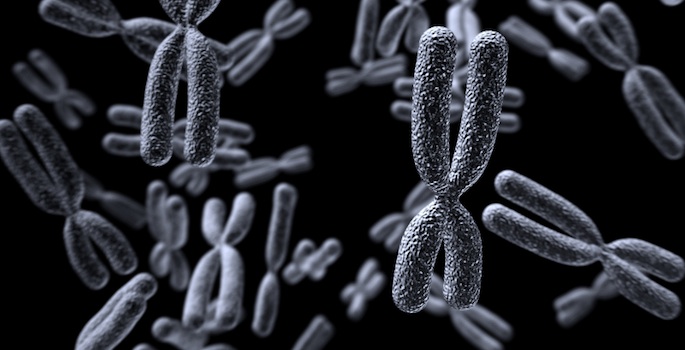
Vanderbilt researchers help reveal complex role of genes in autism
Mutations in hundreds of genes involved in wiring the brain may contribute to the development of autism spectrum disorders (ASD). Read MoreApr 4, 2012
-

Obesity turns “good” cholesterol bad
Studies offer new insights into how obesity impairs the function of HDL, the “good” cholesterol. Read MoreMar 21, 2012
-

Colorectal cancer risk related to gene’s expression
Individuals who are outside the normal range of expression for the adenomatous polyposis coli (APC) gene have an increased risk of colorectal cancer, according to a study published in the January issue of Gastroenterology. Read MoreJan 27, 2012
-

Alcohol’s molecular mediators
Therapeutic agents focusing on the brain region involved in stress-induced relapse may be effective in preventing relapse in patients with alcohol use disorders. Read MoreJan 23, 2012
-
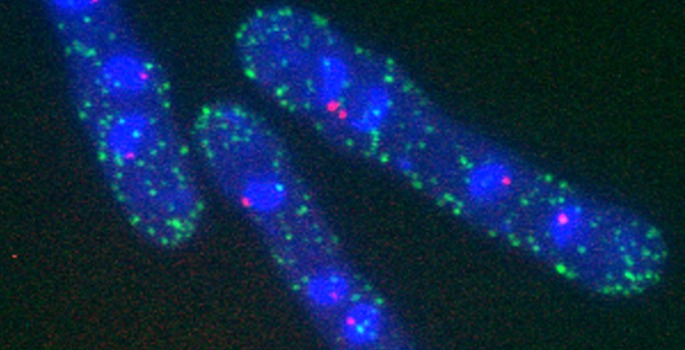
Vanderbilt sets record for number of new AAAS fellows
Fourteen Vanderbilt researchers have been elected fellows of the American Association for the Advancement of Science (AAAS). Read MoreDec 14, 2011
-
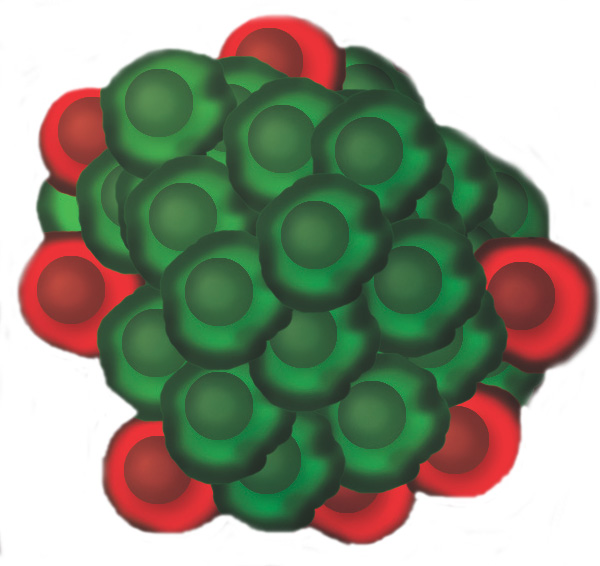
Growth factor boosts beta cells
A growth factor may help grow transplantation-quality pancreas cells for treating diabetes. Read MoreOct 21, 2011